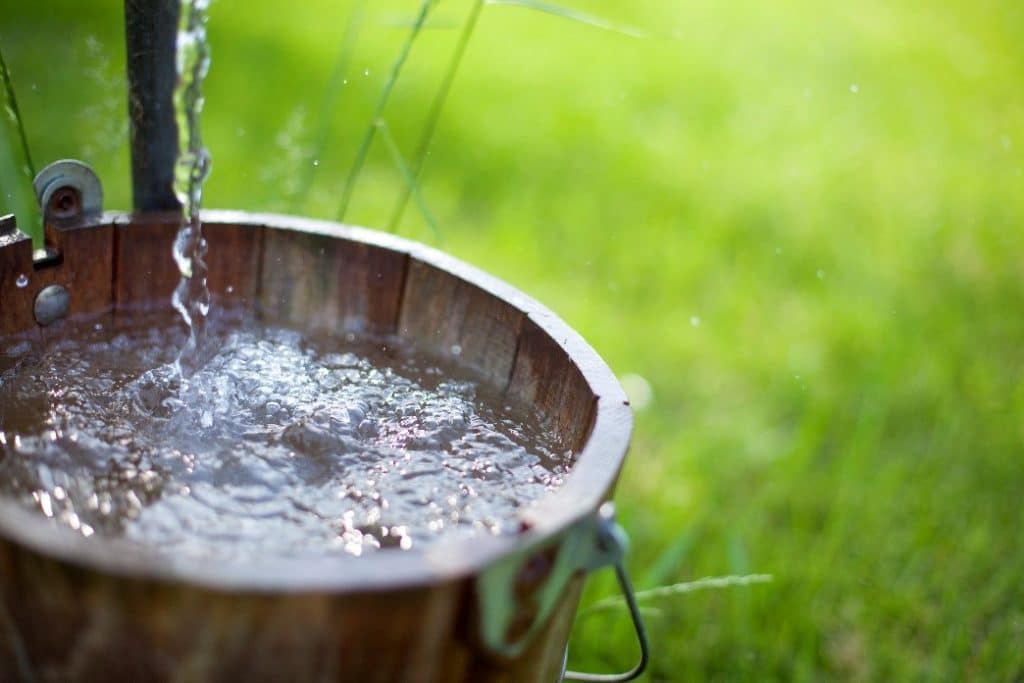The majority of Americans today rely on public drinking water systems. These are protected by the Safety Drinking Water Act (SDWA) and regulated by the Environmental Protection Agency (EPA). However, as of 2021, over 20 million households still use private wells.
Although wells are good man-made sources of water, if they are not maintained properly, they will be contaminated. Here are some of the common well-water contaminants and their potential risks:
Microorganisms
Private wells have a greater risk of contamination from bacteria, viruses, and other microorganisms. They can come from human sewage and animal wastes and can be found all over the planet’s surface. One of the most common bacteria that can contaminate your water is Escherichia coli or E. coli. Although most E. coli are harmless, certain strains can cause severe cramps and kidney infections.
Another common bacterium in well water is Cryptosporidium, also known as Crypto. It’s one of the leading causes of waterborne diseases in the United States. Like E. coli, it can cause issues in the digestive tract. Those with weakened immune systems can develop more severe, even fatal, symptoms.
Heavy Metals
Heavy metals are those metals with a high atomic weight that can seep into your well through groundwater movement. Prolonged exposure to these elements can cause liver problems, kidney damage, anemia, and cancer. Common contaminants include lead, copper, aluminum, arsenic, and iron, distributed through various applications.
What can you do as a well owner?
Private wells are not covered under the SDWA. Because of that, its water quality should be the owner’s responsibility. If the well is not maintained correctly, it will undoubtedly get contaminated.
It would be best to observe what activities are done near your water supply. Avoid mixing or using pesticides, fertilizers, and other chemicals near your well. Also, do not dispose of chemical waste in the sewer system.
Lastly, have your well inspected annually so you’ll get a general idea of how good your water quality is. If you need to get your well tested as soon as possible, contact us at Adams Water Conditioning. Talk to one of our representatives today to learn more about our on-site analysis.



